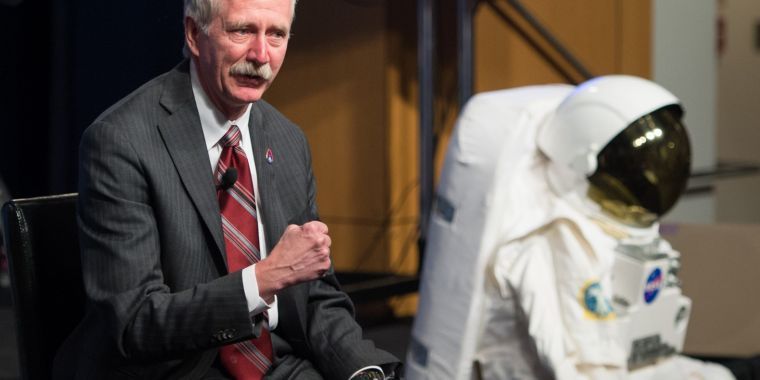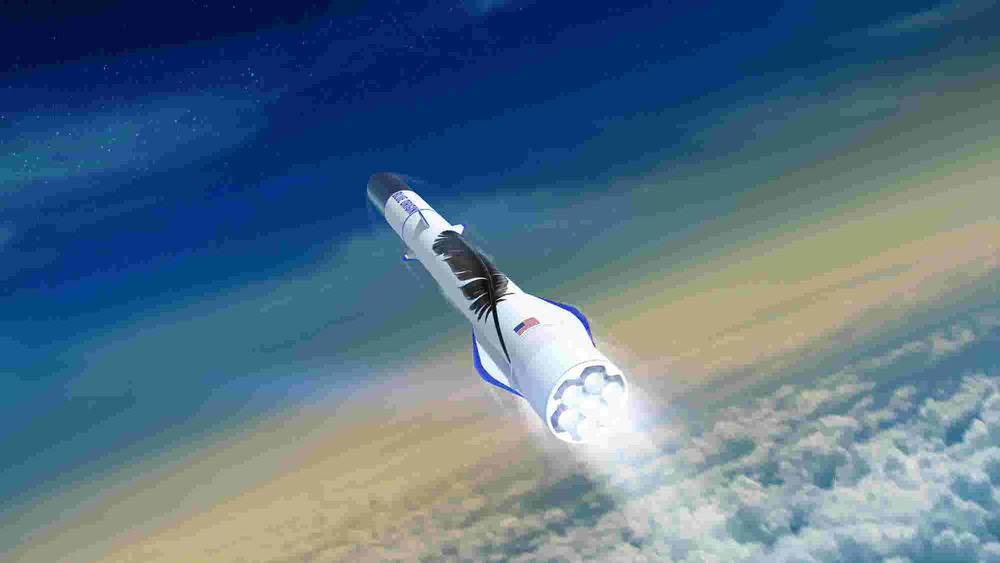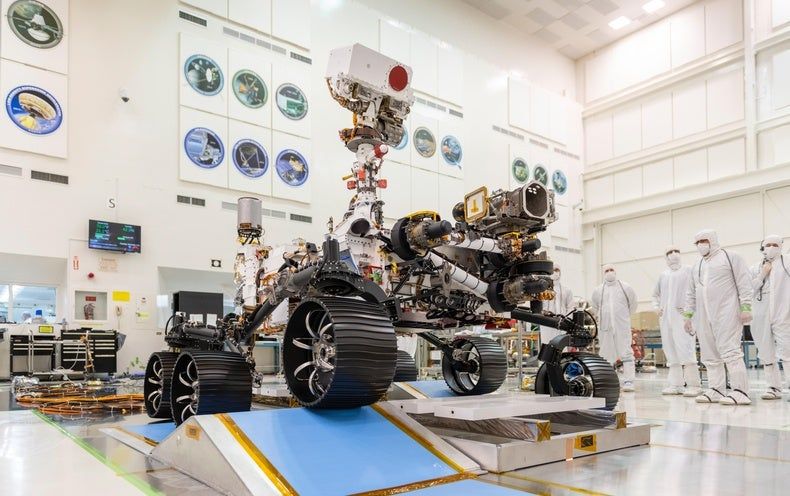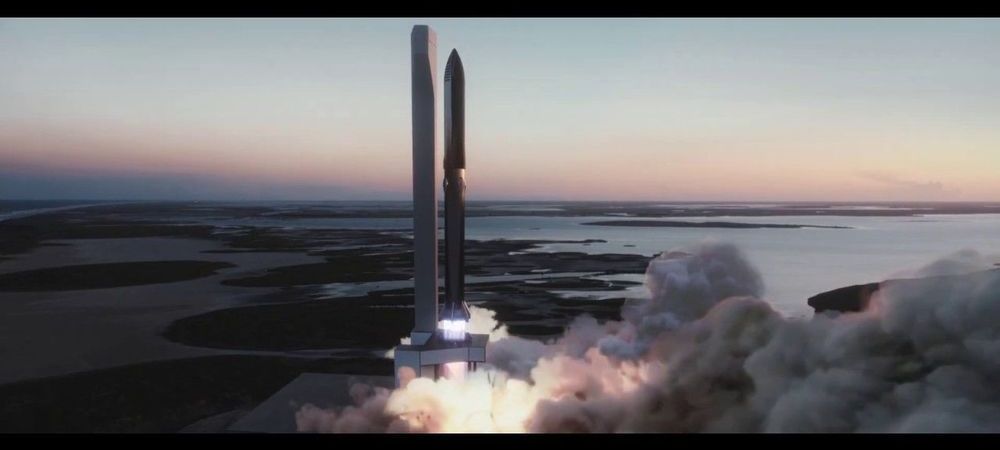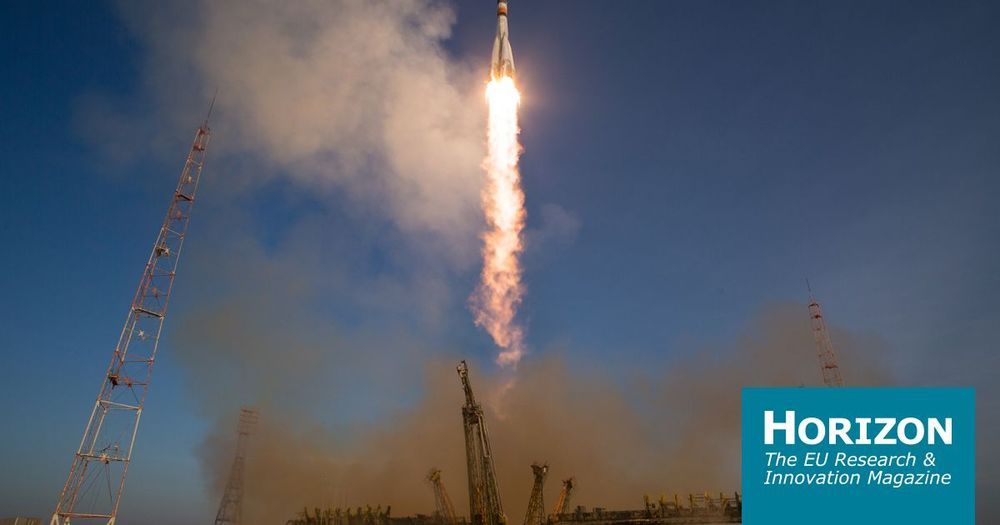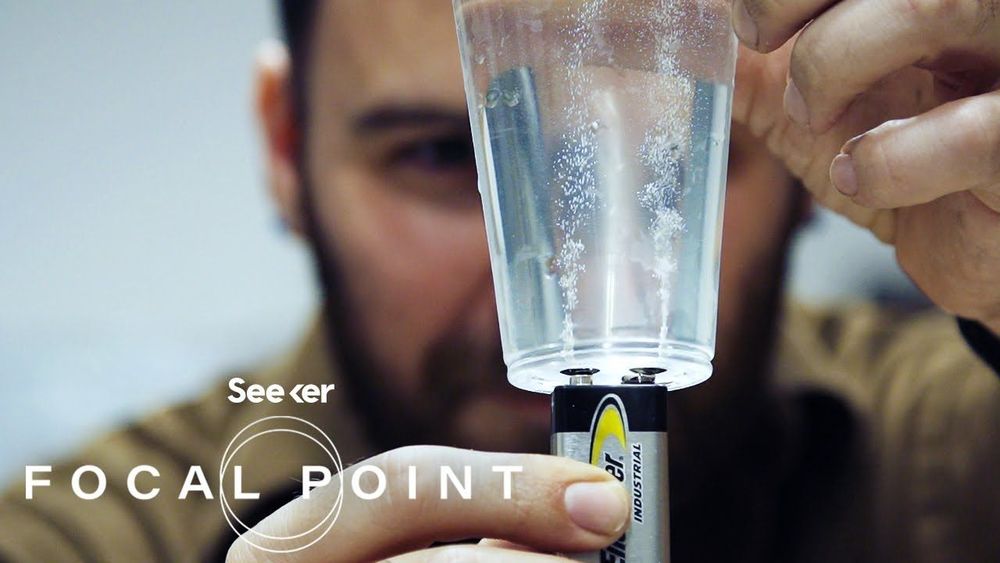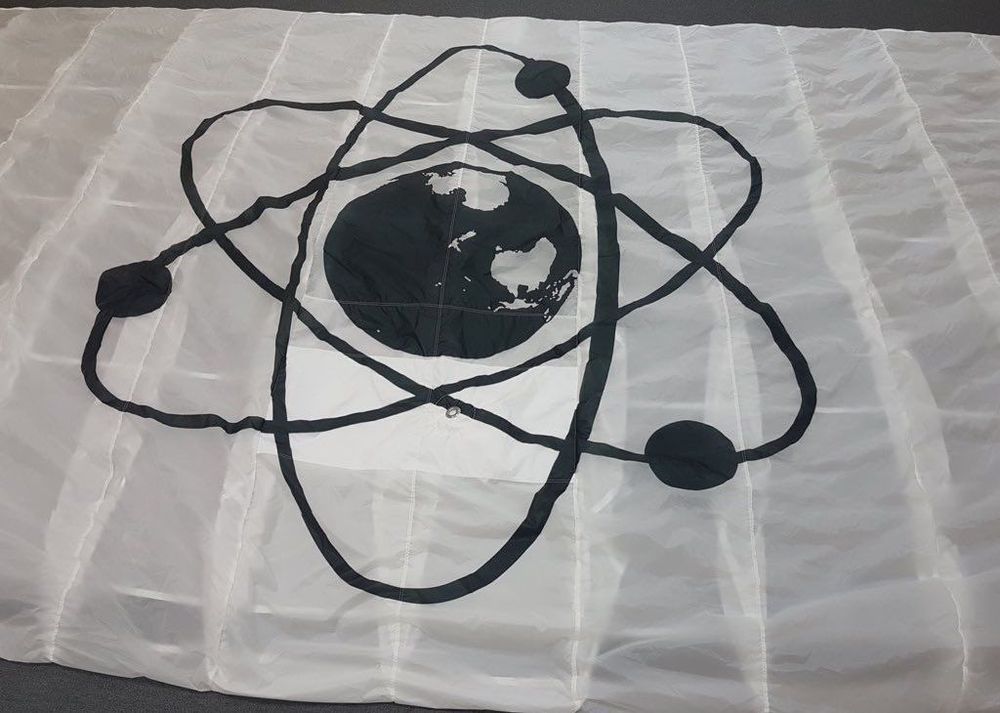
Rocket Lab is proceeding as planned with its efforts to recover and reuse spent rocket boosters from its Electron launch vehicle, and has completed its first prototype parachute for use in the recovery process. Rocket lab CEO Peter Beck announced last year that it would be aiming for reusability with the first stage of its rocket, using a system that includes the booster re-entering Earth’s atmosphere, then deploying a parachute to slow its descent so that it can be caught mid-air by a helicopter and returned to land.
Already, Rocket Lab has made good progress on its plan, with two tests under its belt of the guided re-entry par tof the process, including a launch in early December 2019, and one just last week. Now, Beck said on Twitter that the company is ready to move on to stage two, which is developing the parachute system that will deploy once the rocket has completed re-entry, to slow its rate of descent. Rocket Lab’s first parachute prototype is ready, Beck says, and the company will start testing it using low-altitude drops, as well as testing the capture process, beginning next week.
Stage 1 reusability: –Get through the “wall”✅. – – Now let’s slow it down. Rocket Lab’s first prototype chute is complete. The Low altitude drop and capture test program begins next week. pic.twitter.com/SBvqxoFABg

